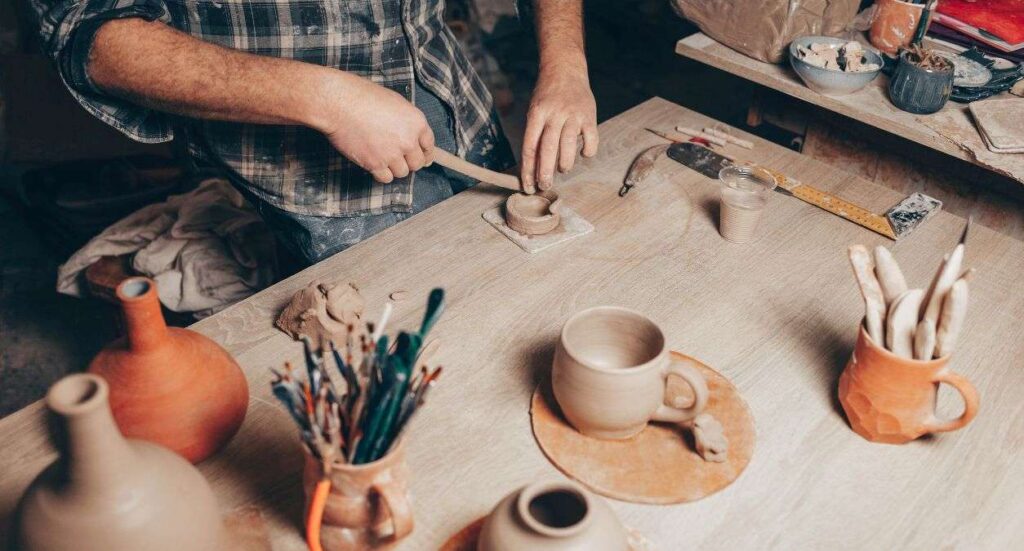Table of contents
Table of contents
Have you noticed that some market stalls seem to attract crowds of eager customers while others languish with barely a visitor? What is the key difference between them? Let’s take a look.
About us
We know a thing or two about market stalls. That’s thanks to our expertise and experience in arranging insurance for events like food markets along with stallholder insurance. We also offer many tailored policies including cancellation insurance for events, all of which can be tailored to your needs as a small business or event organiser.
Get Stallholder Insurance from Protectivity
*Disclaimer – This blog has been created as general information and should not be taken as advice. Make sure you have the correct level of insurance for your requirements and always review policy documentation. Information is factually accurate at the time of publishing but may have become out of date.
Last updated by

















